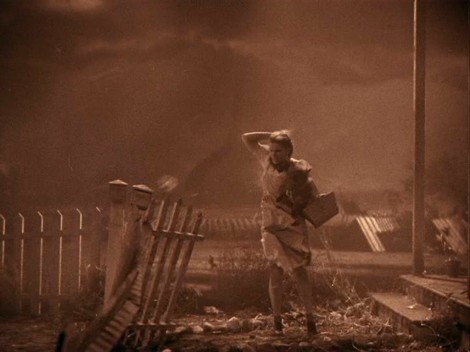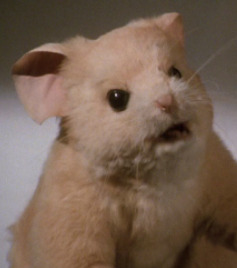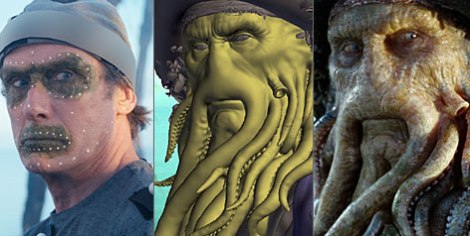Every story, Frank Daniel theorizes, is about someone who wants something badly, but has trouble getting it.
That “someone” is called a protagonist, and what he wants is called an objective. The story ends when the protagonist either succeeds or fails to achieve the objective, and we’re satisfied with the result.
David Howard and Edward Mabley add that “protagonist and objective are so closely identified in our minds that it is impossible to consider one without the other.”
Their relationship is symbiotic because of us. We know Dorothy Gale because, in the Wizard of Oz, she wants to return to Kansas.

Who could blame her?
From her perspective, sure, returning to Kansas is important, but it’s only one of a billion goals she’ll have in her lifetime. Maybe she aspires to overturn Roe v. Wade. It’s not impossible–she’s from a red state. But if it’s true, we wouldn’t know it, because it doesn’t affect her objective, so we don’t even think to ask.
That’s how important the bond between the protagonist and the objective is. We like watching someone rise to a challenge so much that we’re willing to ignore everything else. The more ardently a protagonist pursues her objective, the more invested we are in the story.
In the Wizard of Oz, the protagonist and her objective are inextricable. If Dorothy isn’t in the story, we can’t root for her to get back to Kansas, and if Dorothy doesn’t care about getting back to Kansas, then we don’t care either, and there’s no reason to watch the movie.
But the link between a protagonist and his objective doesn’t have to be so straightforward. While a protagonist cannot exist without an objective, an objective can exist without its protagonist.
Not for too long, of course. If the protagonist is missing for most of the story, then he doesn’t really care about achieving his objective, and we’re likely to get bored. But if a protagonist goes dormant, another character can pursue the objective in his place.
There are three effective ways of transferring the objective between a dormant protagonist and his surrogate. (more…)



